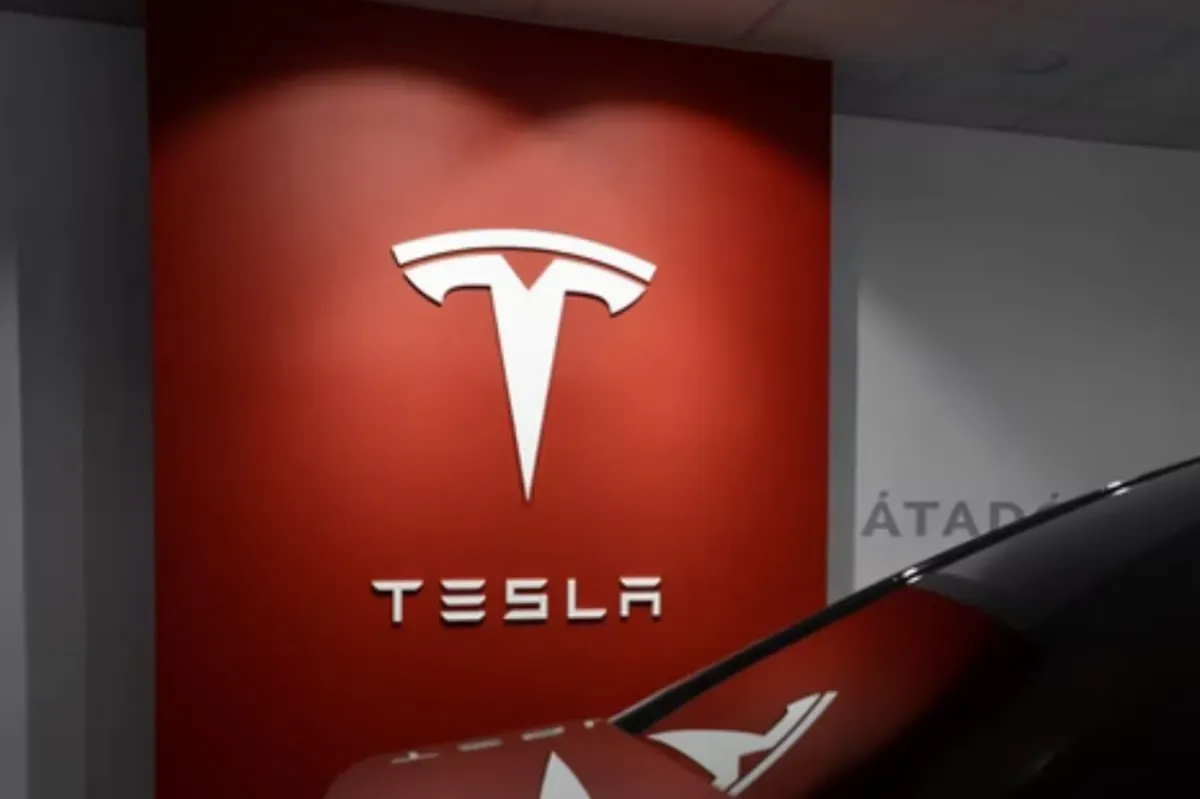The future of Tesla - Is no more just EV's

While you may have heard the news buzzing about Elon Musk’s $1 trillion pay-package approved by shareholders, you probably don’t know that it will be provisioned in steps and that Tesla, Inc. (Tesla) has to reach some important milestones. The future of Tesla is no more just electric vehicles – the big bet is on robotics. Let’s see how the panorama looks and understand if Elon can make it to 1T.
Tesla - More than a car company
For years, Tesla’s story has been electric cars: the Model S, Model 3, Model X, Model Y, and now the Cybertruck. That narrative is well-known. What’s less obvious is how Tesla is repositioning itself: not just as an EV maker, but as an AI & robotics company.
Tesla’s own site says they "are an AI company who develop and deploy autonomy at scale in vehicles, robots and more." Tesla On the Q3 investor call, Musk told shareholders Tesla is "on the cusp of something really tremendous" with its humanoid robot project. So what’s shifting? Two main things:
The push into self-driving ride-hailing (robotaxis) and networks of autonomous vehicles.
The inclusion of humanoid robots as a future product line.
In simple terms: the car business may become only a stepping-stone to something bigger.
What’s the big bet: robotics and network effects
Here’s how I see Tesla’s strategy in three parts, each with promise but also risk.
1. Robotaxi & autonomous vehicle network
Tesla has been talking about a network where cars drive themselves, maybe even owned by individuals, then earning money when idle. In effect, your car becomes like a mini business. For this Tesla previewed the Cybercab (a dedicated self-driving vehicle) and a Robotaxi for capacity transport. The idea: instead of selling cars one-by-one, Tesla builds a platform of mobility.
If successful, that means recurring revenue, not just car sales. If you own a Tesla and plug into the network, you might generate income.
2. Humanoid robots: Tesla Optimus
Tesla is also developing a humanoid robot platform – Optimus. Musk has claimed it could become "the biggest product ever, of any kind." Why? Because it could serve in factories, homes, broadly in tasks humans either don’t want to do or can't safely do. Tesla sees the robot business as leveraging its AI/vision technologies developed for cars, and scaling into new markets.
3. The valuation bet
The pay-package milestone aligns with a major transformation: Tesla isn’t just valued as an automaker but as a future-tech firm. The logic: if Tesla nails the network + robots, revenue multiples could be far larger than for cars alone. Musk seems to believe that his compensation should be counted on that future, not on the car business alone.
The optimism
Tesla controls the full AI stack - from chips (Dojo) to data to software, which few companies can claim. The company has real-world data from millions of vehicles, a priceless advantage for training AI safely and at scale. Robotics and autonomous systems are the next trillion-dollar frontier, and Tesla already has a head start.
The skepticism
Full self-driving is still under heavy regulatory and ethical scrutiny plus there is already a lot of competition, check Waymo. AI can make mistakes and when it’s steering a two-ton vehicle or a robot, errors are serious. Competing giants like NVIDIA, Google, and OpenAI are advancing AI infrastructure just as fast, so Tesla’s lead isn’t guaranteed.
China Factor
Chinese automakers like BYD, NIO, XPeng, and Li Auto aren’t just catching up; in many ways, they’re already ahead. BYD has surpassed Tesla in EV sales in several quarters, fueled by strong domestic demand and lower-cost innovation. Chinese EVs are also improving in design, software, and performance - fast.
What makes this even tougher for Tesla is that China is not just competing on price is it’s competing on speed and scale. Local manufacturers roll out new models every few months, with government-backed infrastructure and an ecosystem of battery suppliers and chipmakers that’s incredibly agile.
Even in AI, companies like XPeng are developing autonomous driving systems that rival Tesla’s in urban environments, often with fewer regulatory constraints. And in robotics, firms like Fourier Robotics and Unitree Robotics are quietly building affordable humanoid platforms.
Thank you for reading - Arjus




